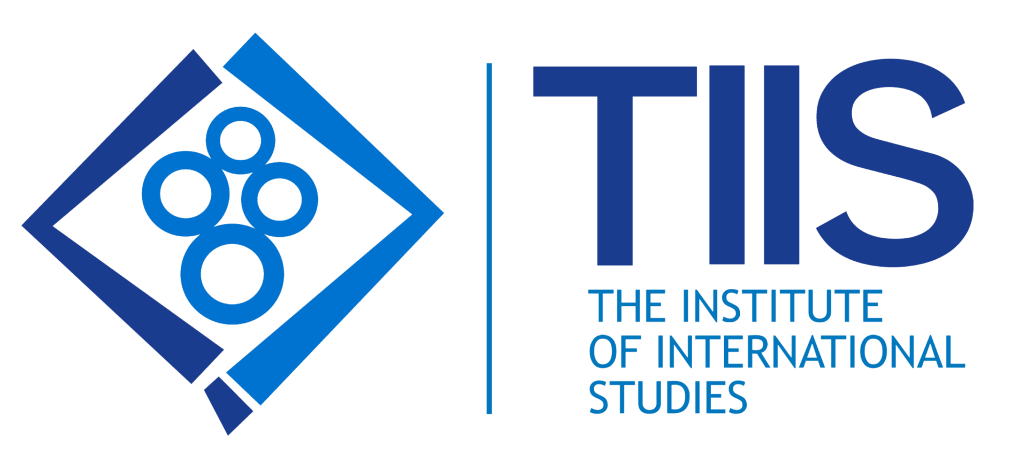Graduate Certificate in Business Administration (GCBA)
CRICOS Course Code: 107618K
- Course Duration: 16 Weeks
- Number of Subjects: 4
- Delivery Mode: On campus
- Campus: Sydney or Melbourne
- Intakes: January, March, May, July, September, November
The Graduate Certificate in Business Administration (GCBA) is a 4 subject postgraduate award designed for students to gain advanced knowledge and skills in core business areas. Conceptually, the GCBA has been developed to provide graduates with the capacity to operate within a narrower range of business environments. It is also envisioned that the course will provide business knowledge to newly promoted managers in other industries and fields. Graduates will gain a range of important management related skills.
Overview
The Graduate Certificate in Business Administration empowers graduates to navigate and effectively manage the intricacies of contemporary business challenges. This program instils a comprehensive understanding of fundamental business principles, equipping professionals with the skills to confidently lead the evolving business landscape.
Learning Outcomes
Knowledge
Consolidate foundational theories and materials both conceptually and practically from accounting, management leadership, ethics, economics, and marketing.
Skills
Critically evaluate key management theories and apply them in various business contexts.
Utilize knowledge to identify and implement effective solutions.
Integrate program competencies conceptually and practically.
Communicate theoretical aspects of management administration within curriculum constraints.
Interpret and effectively communicate complex business administration information to selected audiences.
Learning Pathways
Students who successfully complete the GCBA will be eligible to enroll in the MBA at TIIS. Students may also be interested in transferring to other awards. TIIS academic staff will provide guidance for interested students.
Programme
Course Design and Structure
The subjects and sequence for the Graduate Certificate in Business Administration are outlined below. Students will complete 4 compulsory core subjects, each of 6 credit points in value.
Contact us
Level 4, 22 Market Street,
Sydney, NSW 2000
Level 1, 112 Newquay Promenade, Docklands, VIC 3008
UNIT CODE
UNIT NAME
CREDIT PTS.
24
APPLY
01
Gather Documentation
Begin your journey by gathering all the necessary documents as per TIIS entry requirements.
02
Application Submission
Complete our application forms and send them to TIIS via email.
03
Approval Process
If you meet our requirements, TIIS will issue a Letter of Offer.
04
Fee Payment
Secure your place by paying your tuition fees. Upon payment, you’ll receive a Confirmation of Enrolment (COE).

